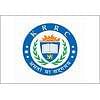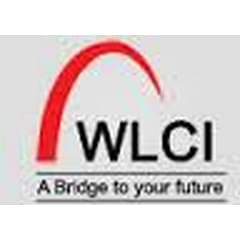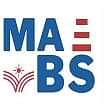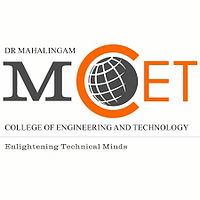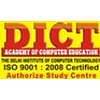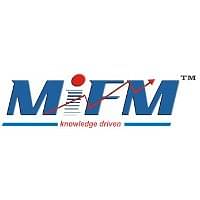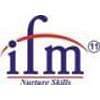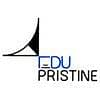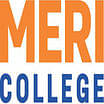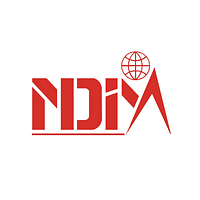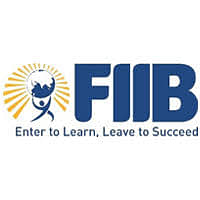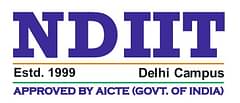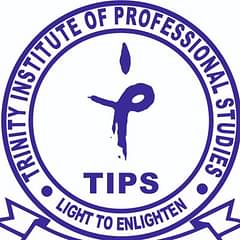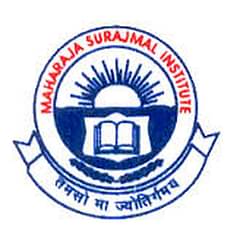National Institute of Financial Markets (NIFM), Delhi Fees Structure and List of Courses
| Course | Fees | Duration |
|---|---|---|
| Diploma | INR 60,000 (Annually) | 6 Months |
National Institute of Financial Markets (NIFM), Delhi Fee Structure for Top Courses
- National Institute of Financial Markets (NIFM), Delhi Diploma fees is INR 60,000 per annum.
National Institute of Financial Markets (NIFM), Delhi Popular Courses with Fees
National Institute of Financial Markets, Delhi offers 6 courses. Candidates can check the list of top courses offered by National Institute of Financial Markets, Delhi along with the fees structure and duration.
- National Institute of Financial Markets (NIFM), Delhi fees for Diploma In Financial Market Management is INR 60,000 Annual.
Filters
- STREAMS
- DEGREE
- PROGRAM TYPE
3 Courses are offered by National Institute of Financial Markets (NIFM), Delhi
- NCFM Certifications
- Certified Stock Market Professional
- Certificate Course in Digital & Internet Marketing Training
- Diploma In Financial Market Management
- Diploma in Digital & Internet Marketing
National Institute of Financial Markets (NIFM), Delhi Reviews
Overall: Academics: Discuss the quality of the academic programs offered, including the variety of majors/minors, faculty expertise, class sizes, and availability of resources like libraries and laboratories. Campus Life: Evaluate the campus atmosphere, student organizations, extracurricular activities, and events. Highlight the sense of community and opportunities for personal growth outside of academics. Facilities: Assess the quality of the campus facilities, including residence halls, dining options, recreational facilities, and technology infrastructure. Career Services: Discuss the effectiveness of career services, internships, co-op programs, and job placement rates. Consider alumni networking opportunities and support for post-graduation endeavors. Diversity and Inclusion: Evaluate the college's commitment to diversity and inclusion, including demographics of the student body, support services for underrepresented groups, and efforts to foster a welcoming environment for all students. Location: Consider the location of the college and its impact on the overall experience, including access to cultural amenities, employment opportunities, and outdoor recreational activities. Cost and Financial Aid: Discuss the affordability of the college, including tuition, fees, and the availability of financial aid and scholarships. Consider the value provided relative to the cost. Overall Impression: Summarize your overall impression of the college, highlighting its strengths and weaknesses and whether you would recommend it to others. Remember to provide specific examples and anecdotes to support your evaluation. Additionally, consider the perspective of different stakeholders, such as current students, alumni, faculty, and prospective students, to offer a comprehensive review.
Faculty: ntroduction: College faculty play a pivotal role in shaping the educational experience of students, influencing their academic growth, and preparing them for the challenges of the professional world. A review of college faculty encompasses various aspects, including teaching quality, expertise, accessibility, and overall contribution to the academic community. Teaching Quality: One of the primary responsibilities of college faculty is delivering high-quality instruction. A standout faculty member demonstrates mastery of their subject matter, employs innovative teaching methods, and fosters a dynamic learning environment. Effective communication, clarity of explanations, and the ability to engage students are crucial components of teaching quality. Faculty members who go above and beyond to ensure student comprehension and success deserve commendation for their dedication to excellence in education. Expertise: Expertise within their field is another essential criterion for evaluating college faculty. Faculty members who possess deep knowledge and experience in their respective disciplines enrich the academic environment through insightful lectures, meaningful discussions, and relevant research contributions. Furthermore, their expertise extends beyond the classroom, as they serve as mentors, guiding students in their academic pursuits and research endeavors. Accessibility: Accessibility and approachability are key factors that contribute to a positive student-faculty relationship. A faculty member who is readily available for consultation, feedback, and guidance demonstrates a commitment to student success. Whether through office hours, email correspondence, or virtual platforms, accessible faculty members create a supportive learning environment where students feel valued and supported in their academic journey. Contribution to the Academic Community: Beyond their individual roles, college faculty contribute to the broader academic community through research, scholarly activities, and service. Faculty members who actively engage in research projects, publish impactful work, and participate in academic conferences enhance the reputation and intellectual vibrancy of the institution. Additionally, their involvement in service activities, such as committee work, curriculum development, and community outreach, strengthens the institutional fabric and promotes collaboration among faculty and students alike. Conclusion: In conclusion, college faculty play a multifaceted role in shaping the educational experience and academic success of students. A comprehensive review of faculty encompasses teaching quality, expertise, accessibility, and contributions to the academic community. By recognizing and celebrating exemplary faculty members, institutions can foster a culture of excellence and innovation in higher education, ultimately enriching the lives of students and advancing knowledge across disciplines.
Related Questions
National Institute of Financial Markets (NIFM), Delhi QnA
What is the most popular course at NIFM , Delhi ?
Admission Updates for 2024
Management Education & Research Institute
Delhi (Delhi)
Jagannath International Management School Kalkaji
New Delhi (Delhi)
Maharaja Agrasen Business School Rohini
Delhi (Delhi)
NIEM - The Institute of Event Management, Delhi
New Delhi (Delhi)










